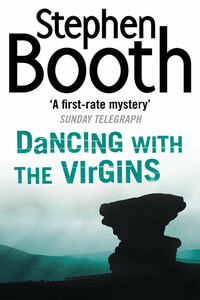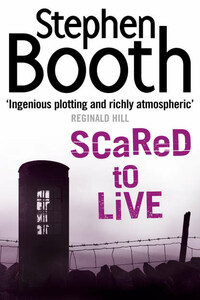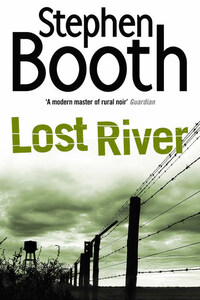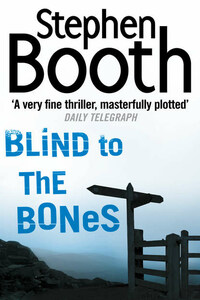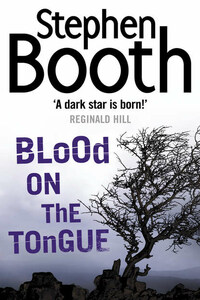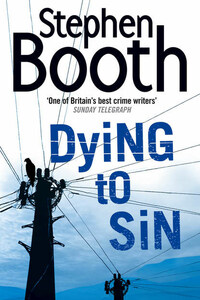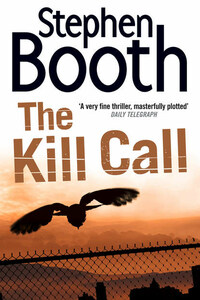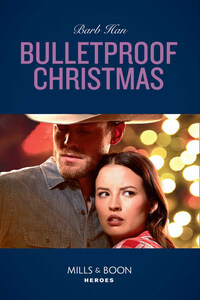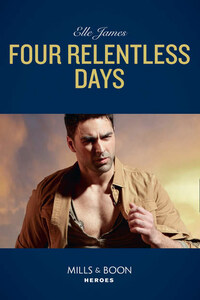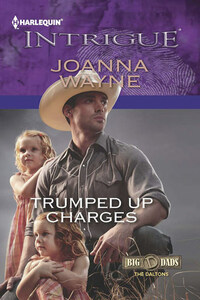On the day the first woman died, Mark Roper had radio trouble. At the start of his shift, he had been patrolling in the valley, in the deep dead spot where the gritstone plateau blocked out the signal from the telephone interface point at Bradwell. The silence had been unnerving, even then. It had made him conscious of his isolation in the slowly dying landscape, and it had begun to undermine his confidence and stir up the old uncertainties. But Mark wasnât frightened then. It was only later he had been frightened.
Normally, this was his favourite time of year â these few weeks of hesitation before the start of winter. He liked to watch the hills changing colour day by day, and the Peak District villages emptying of visitors. But he could tell that today wasnât quite normal. There was a feeling about this particular Sunday that made him uncomfortable to be alone on Ringham Moor. There was something strained and uneasy in the way the trees stirred in the wind, in the way the dry bracken snapped underfoot and the birds fell silent in the middle of the afternoon.
As Mark climbed out of the dead spot, his horizon widened until he could see across to Hartington and the Staffordshire border. But even on his way back across the moor towards Partridge Cross, he could not raise his Area Ranger. Maybe the radio handset he had picked up from the briefing centre that morning was the one with the faulty battery connection. Little things like that could change your life forever.
âPeakland Partridge Three to Peakland Zulu. Owen?â
No matter how many times he tried, his call sign went unanswered.
Earlier in the year, they had been burning the heather on this part of Ringham Moor. An acrid charcoal smell still clung to the vegetation, and it mingled with the sweet, fruity scent of the living flowers as it rose from the ground under Markâs boots. In places, the stems had been left bare and white where the bark had been burned off completely. They showed up in the blackened carpet like tiny bones, like a thousand skeletal fingers poking from the earth.
Markâs father had helped the gamekeepers many times with the swaling, the annual burning of the heather to encourage the growth of fresh shoots for red grouse to feed on. Conditions for burning had to be just right â the heather dry, but the ground wet enough to prevent the fire spreading down into the peat. You could get so hot controlling the flames that you thought your skin would be burned to a cinder, and if you were standing in the wrong place when the wind blew, you could end up black from head to toe. Sometimes, Mark recalled, his father had smelled like Bonfire Night for days.
The scent of the burned heather brought the presence of his father back to him now. It was a sensation so powerful that the tall figure might have been striding alongside him, swinging his huge, reddened hands, talking of working dogs and trout flies, and promising that he would take Mark and his brother on a shoot one day. But he had never carried out his promise. And he hadnât walked with Mark again, not for a long time now.
The impression left as quickly as it had come, leaving Mark clutching desperately at a memory, reaching for an image that dissipated like a wisp of smoke in the wind.
Fumbling at the radio, he tried again. âPeakland Zulu. Can you hear me, Owen? Owen?â But still there was nothing.
As he climbed to the plateau, the weight of Markâs rucksack gradually increased, chafing his skin through the fabric of his red fleece, pulling down his shoulders and pressing on the muscles in his back. Despite the chill, his neck was wet with sweat, and he shivered as he came over a rise and the wind grabbed at him. The shadows of clouds were moving across the landscape below him. Brief patches of sunlight revealed a field dotted with sheep, a narrow stretch of tarmac road, an oak spinney, or the roof of a distant farmhouse. Yet the sight of human habitation only heightened his sense of being alone.
It was the environment, not the welfare of people and property, that had led Mark to volunteer as a Peak Park Ranger in the first place. Once, he had wanted to save the entire world, but in the end he had settled for helping to protect one little bit of it. He had not imagined that he would be called on to tolerate the actions of people who destroyed and defiled the environment, people who had no respect for nature and the lives of animals. It was the most difficult thing he had to learn. Maybe even Owen Fox would never be able to teach him that.
